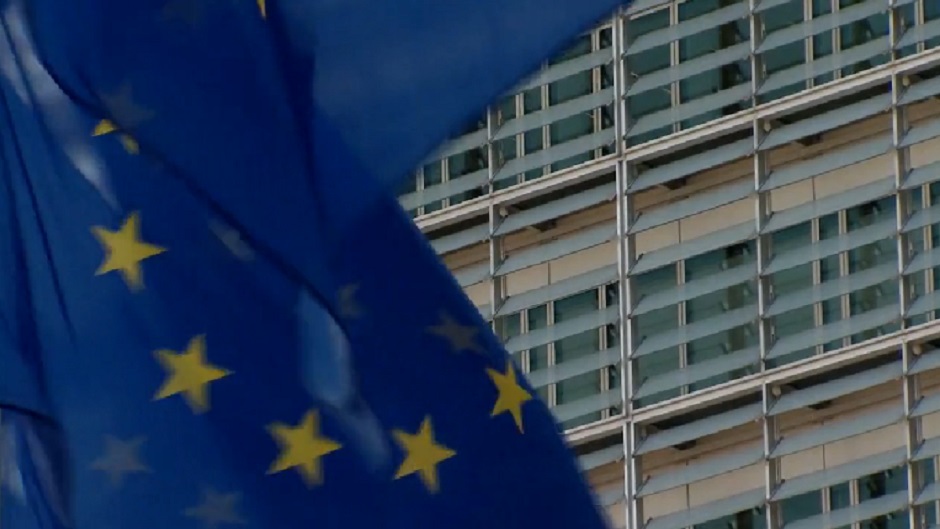'EU rejects any denial of Srebrenica genocide'

The European Union (EU) rejects any denial or misinterpretation of the Srebrenica genocide, the EU Delegation in Bosnia and Herzegovina told N1, responding to Serbian Prime Minister Ana Brnabic’s statement denying the 1995 Srebrenica genocide.
Oglas
"As stated in the past, the European Union rejects any denial, relativisation or misinterpretation of the genocide in Srebrenica. We call upon all political leaders and others in positions of authority in Bosnia and Herzegovina and the region to lead the way in honouring victims and promoting reconciliation,” said the Delegation.
“The EU is a union of values; any country aspiring to join the EU is expected to comply with and promote EU values of democracy, human rights, tolerance and justice. This includes treating victims of genocide with utmost respect and dignity,” the EU's office in Sarajevo told N1.
During an interview for Deutsche Welle, Serbia's Ana Brnabic said what happened in Srebrenica in 1995 was “a terrible crime” but not a genocide.
Oglas
“I don’t think it was a genocide. I think it was… you know, I think it was a terrible, terrible crime but genocide is when… genocide is when you kill an entire population, women, children, and this was not the case here,” Serbia’s Prime Minister said.
Brnabic's statement was previously condemned by other foreign embassies in Sarajevo, who said the Srebrenica genocide was an established and undeniable fact.
On July 11, 1995, Bosnian Serb forces overran the eastern Bosnian enclave of Srebrenica and rounded up the town’s Muslim Bosniaks, separated men from women and little children and systematically executed some 8,000 men and boys.
The bodies of the victims were buried in a large number of mass graves. Forensic experts excavated them and identified the bones through DNA analysis before returning the bodies to the families for interment on July 11 at the Memorial Centre’s cemetery.
Oglas
The International Criminal Tribunal (ICTY) for the Former Yugoslavia and the International Court of Justice later ruled that the massacre was an act of genocide.
International and regional courts have sentenced 45 people for what happened in Srebrenica to a total of more than 700 years behind bars.
Kakvo je tvoje mišljenje o ovome?
Učestvuj u diskusiji ili pročitaj komentare
Oglas
Kakvo je tvoje mišljenje o ovome?
Učestvuj u diskusiji ili pročitaj komentare
Oglas





 Srbija
Srbija
 Hrvatska
Hrvatska
 Slovenija
Slovenija



























































